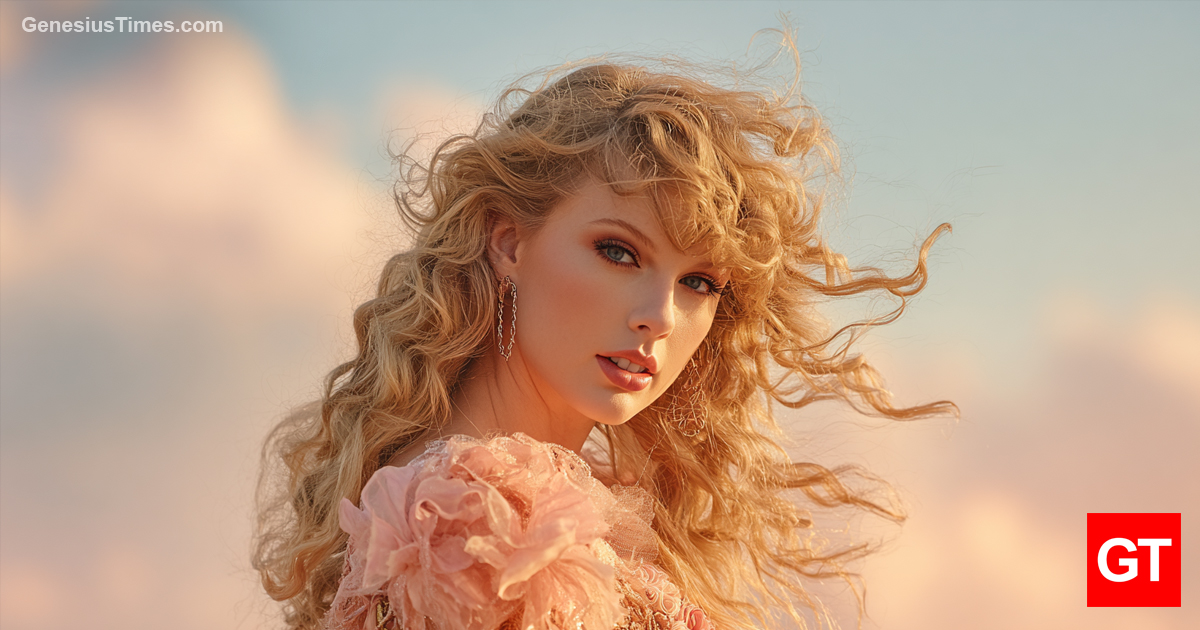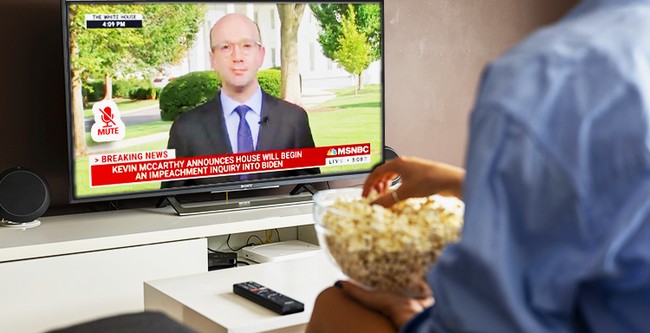LOS ANGELES—Quackella Jolie issued a scathing broadside against AI-generated music Wednesday, mere hours after a viral clip exposed her unfiltered vocals as resembling a barnyard assault. The 28-year-old chart-topper, whose hits like “Feathered Heart” and “Billboard Blues” have racked up billions of streams thanks to digital vocal varnish, declared synthetic tracks “a plague on artistry” during an emergency Instagram Live from her duck-shaped hot tub.
The catalyst? A sold-out performance at the Viper Room where technical gremlins stripped away her signature autotune layer mid-set. What emerged was less diva warble, more like a mallard in a woodchipper: a series of guttural honks and wheezes that sent the front row scrambling for earplugs and the venue’s avian health inspector on speed dial. “It was like if Enya gargled gravel while a goose auditioned for a horror flick,” recounted one attendee, who requested anonymity to preserve their tinnitus claim. Footage, now at 47 million views, has spawned a TikTok challenge dubbed #QuackellaQuackdown, featuring users mimicking her timbre with varying degrees of success – and zero royalties.
Undeterred, Jolie pivoted to moral high ground with the fervor of a swan defending its lily pad. “AI is stealing the soul from music,” she intoned, her filter-free voice mercifully muted for the broadcast. “Real artists bleed for their craft – sweat, tears, and yes, even those raw, imperfect notes that make us human. Not some algorithm churning out slop in a server farm.” She paused to sip what appeared to be a kale-infused pond water, adding, “If we let machines sing, what’s next? Robots writing my memoirs? Perish the thought.”
Industry reaction has been a masterclass in selective amnesia. Spotify CEO Daniel Ek, whose platform hosts 12% of Jolie’s output – all post-processed to stratospheric sheen – offered a tepid tweet: “Innovation must respect creators. Also, pre-save her next single.” Over at Universal Music Group, executives are reportedly fast-tracking a “Quackella Unplugged… But Not Really” album, complete with AI-assisted “authenticity filters.” Billie Eilish, reached via carrier pigeon, demurred: “Look, I’ve got my own vocal quirks. But if you’re gonna go raw, maybe test it on a cat first.”
Critics, ever the opportunists, hailed the episode as “performance art at its most unwitting.” Rolling Stone’s Anthony DeCurtis penned a 1,200-word thinkpiece titled “From Auto to Aflac: The Duckling That Cried Wolf,” positing that Jolie’s outburst might inadvertently boost AI adoption. “Nothing sells a soulless bot like a human proving they need one,” he wrote. Meanwhile, open-source AI developers are already prototyping “QuackTune Pro,” a plugin promising “brutalized duck vibes on demand – because why hire a coach when you can hire a chip?”
As Jolie retreats to a “vocal rehab” facility in the Hamptons – rumored to feature mandatory lozenges and zero mirrors – the irony hangs thicker than fog over a foggy marsh. In an era where perfection is piped in via code, her quacks serve as a quixotic reminder: True brutality isn’t manufactured; it’s the sound of talent meeting reality, one mangled note at a time. Or, as she might honk it, “Wak-wak indeed.”
![]()












